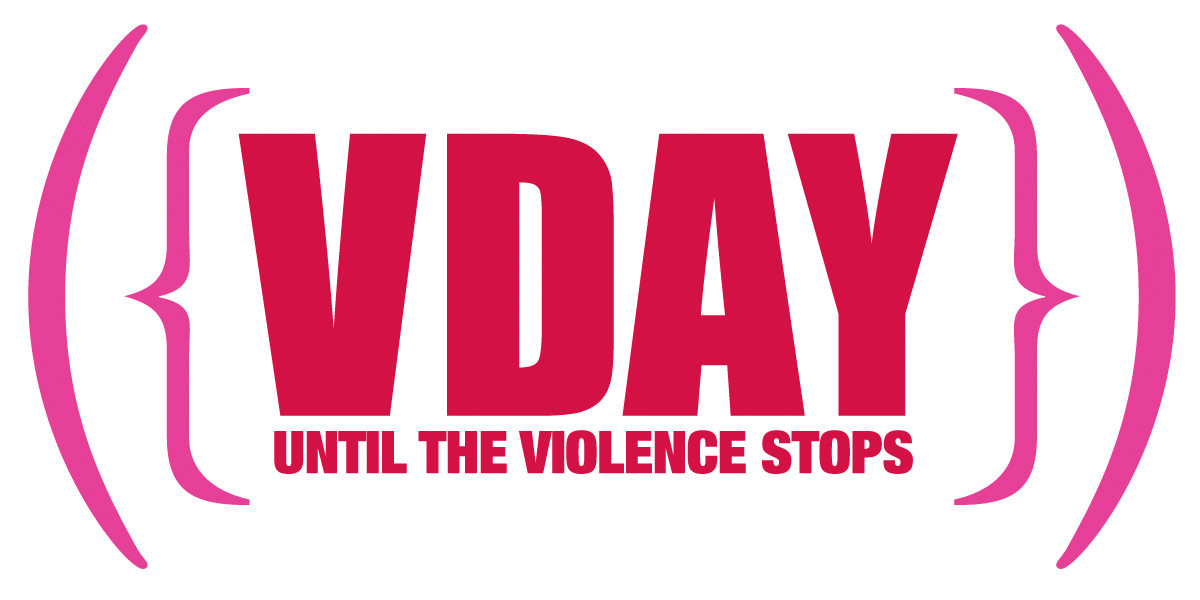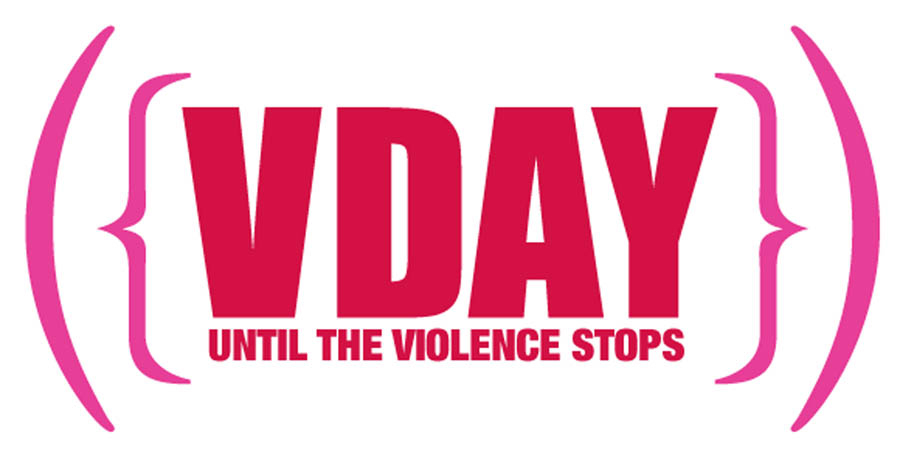
2007 Spotlight: Women in Conflict Zones

In 2007 the V-Day Spotlight addresses Women in Conflict Zones because war exponentially increases the crimes of violence against women and girls. In equal measure the strength and resilience of women in rebuilding their communities and leading governments to peaceful solutions needs to be celebrated.
For women, not just during war but for decades to come, armed conflict means escalated military, sexual, and domestic violence, lack of security as a displaced person or refugee, and vulnerability to sex traffickers and coerced prostitution even by the peacekeepers themselves. Given the 21st century’s escalating armed conflicts, impunity for wartime sexual violence cannot be tolerated. As patterns of wartime rape and sexual violence continue today in places such as Sudan, Congo, and Iraq, it is paramount to expose and condemn these crimes through international media coverage and public outcry and efforts in our communities themselves.
V-Day first took aim at wartime sexual violence with the 2002 Spotlight: Afghanistan Is Everywhere, followed by the 2005 Spotlight: Women of Iraq: Under Siege, and the 2006 Spotlight: The Global V-Day Campaign for Justice to ‘Comfort Women.’ Our 2007 Spotlight will continue to ensure that wartime sexual violence remains in the media and public eye.
International Symposium on Sexual Violence in Conflict and Beyond
In June 2006, more than 250 participants from 30 countries met at the Palais d’Egmont in Brussels for the International Symposium on Sexual Violence in Conflict and Beyond. This historic three-day conference — convened by the Government of Belgium, the European Commission and UNFPA — brought together heads of UN agencies and NGOs, human activists and researchers, government ministers, doctors and other field-based humanitarian workers, parliamentarians, representatives from the International Criminal Court, military and police officers, and members of the media to share experiences, strategies and a renewed commitment to end the scourge of sexual violence in countries torn apart by war.
Visit the Symposium web site >
Download the Report: [PDF] [doc]
Brussels Call to Action to Address Sexual Violence in Conflict and Beyond:
Choose a Word doc in the language you prefer.
[english] [french] [spanish] [arabic] [german]
“Women are the Fabric: Reproductive Health for Communities in Crisis” (in EN, FR, SP) focuses on broader issues for women in humanitarian crises and also contains a chapter on violence against women in conflict:
http://www.unfpa.org/publications/detail.cfm?ID=302&filterListType=1
European Parliament Resolution on Women and War: Women In Armed Conflicts And Their Role In Post-Conflict Reconstruction
This is the European Parliament resolution on the situation of women in armed conflicts and their role in the reconstruction and democratic process in post-conflict countries, based on a report by Belgian European Parliament member Veronique De Keyser.
Profile of the Humanitarian Situation in DRC
This two-page document profiles some of the root causes of the humanitarian situation in the DRC.
[PDF]
Humanitarian Crises Watch: Democratic Republic of Congo Humanitarian Impact of Elections
After over forty years, the DRC gradually moved toward relinquishing power and its governance to the Congolese people, who have just freely and democratically chosen — for the first time — their President and Representatives to the national and provincial assemblies. This report released in September of 2006 documents the impact of the ’06 elections in areas of DRC including Ituri, North Kivu, South Kivu and Katanga. It also looks at the elections’ impact on children, economic trends and armed forces.
[PDF]
2007 Humanitarian Action Plan
The vicious circle of instability and violence claims an average of 30,000 lives per month in the DRC, and military operations trigger regular displacements of the congolese population. This document released by the United Nations documents what action steps need to be taken in the next year to reverse the violent and inhumane trends that now plague the country.
[PDF]
Fistula Profile
While global awareness about obstetric fistula—a vaginal tear resulting from prolonged obstructed labor—has increased, less is known about traumatic gynecologic fistula, a condition that can occur as the result of sexual violence, often in conflict settings. This document released in April of 2006 by The Acquire Project gives a brief overview of the condition and what is being done on a global level to combat the issue.
[PDF]
Traumatic Gynecologic Fistula as a Consequence of Sexual Violence in Conflict Settings: A Literature Review
This literature review, released by The Acquire Project in 2005 surveys the landscape of information on traumatic gynecologic fistula in conflict settings. It was prepared to stimulate discussion at the meeting on Traumatic Gynecologic Fistula: A Consequence of Sexual Violence in Conflict Settings, held September 6–8, 2005, in Addis Ababa, Ethiopia.
[PDF]
ACQUIRE Report on Traumatic Gynecologic Fistula: A Consequence of Sexual Violence in Conflict Settings
This document, released May 2006 is a Report of the meeting held in Addis Ababa, Ethiopia, September 6 to 8, 2005 with Addis Ababa Fistula Hospital, EngenderHealth/The ACQUIRE Project, Ethiopian Society of Obstetricians and Gynecologists and Synergie des Femmes pour les Victimes des Violences Sexuelles.
[PDF]
“The Hidden Consequence of War”
A feature story on traumatic fistula.
[click here to view the web site]
Background on Spotlight Campaigns
This document provides a background to the origin of the Spotlight Campaign and the past Spotlight issues
The Shan Women’s Action Network published “License to Rape” in 2002
http://www.shanland.org/resources/bookspub/humanrights/LtoR/
The Karen Women’s Organization published “Shattering Silences” in 2004.



